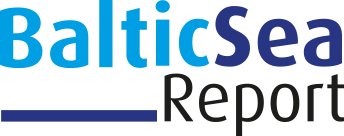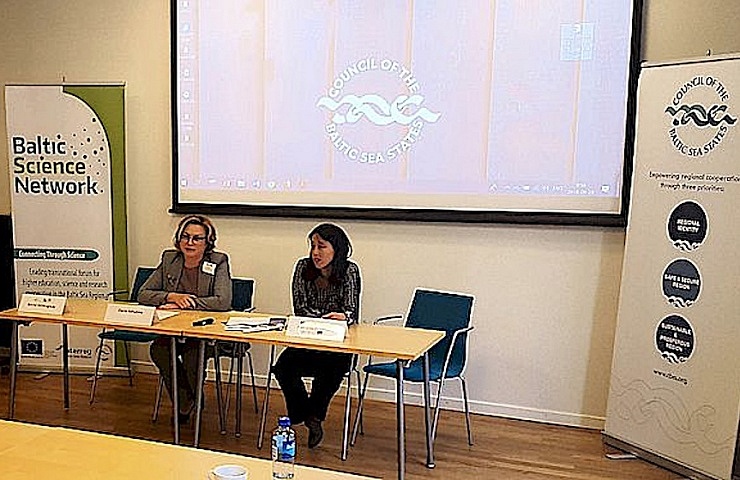Baltic Science Network Welfare State Expert Group has concluded its work with public presentation of the main findings and suggestions for future multilateral research initiatives focused on the Baltic Sea Region.
On 28 September 2018, during a breakfast briefing launching the report “Ageing Workforce, Social Cohesion and Sustainable Development. Political Challenges within the Baltic Sea Region”, wider audiences were also introduced to the main messages of the Working Paper of the Welfare State Expert Group “Fostering Sustainable and Inclusive Labour Markets in the Baltic Sea Region: A Life Course Perspective”.
Mi Ah Schøyen, chair of the Baltic Science Network Welfare State Expert Group, highlighted that the Working Paper´s “title reflects some of the core challenges that the welfare states in the Baltic Sea Region are currently facing. We continuously need new and updated knowledge about what kind of social, employment and education policies help our labour markets keep pace with new demands – driven by structural pressures such as rapid technological change, international economic competition and population ageing. To help all individuals find their place in these changing labour markets, they need support throughout the life course and not only through the traditional education system that prepares children and youth for the labour market.”
In a concise fashion Mi Ah Schøyen stressed that “it is desirable that future transnational projects relate to and make use of key analytical concepts that are used in comparative welfare state research internationally. Examples of such concepts are different forms of solidarity, welfare state regimes and the notion of a sustainable welfare state. Finally, it is fundamental for the quality of research that covers one or more of the countries in the Baltic Sea Region that the international research community has free and open access to high-quality, comparative survey data about these countries. This means that these countries have to ensure regular participation in international infrastructures such as the European Social Survey (ESS), the Survey of Health, Ageing and Retirement in Europe (SHARE), the Luxembourg Income Study (LIS) to mention only a few important international surveys. In addition, researchers in the region have to be able analyse individual level microdata from sources such as the EU Survey of Income and Living Conditions (EU SILC) and the EU Labour Force Survey (EU LFS).”
Daria Akhutina, Senior Adviser at the CBSS Secretariat, offered the audience up-to-date insights into the CBSS work supporting cooperation in the field of labour and employment.

The members of the Baltic Science Network welfare state expert group participated actively in the breakfast briefing. This meeting facilitated exchange between different research initiatives supported by the CBSS Secretariat. The presentation of the report “Ageing Workforce, Social Cohesion and Sustainable Development” and the policy brief “A One-size-fits-all Solution for Increasing the Employment Level of Older People?” published by the Max Planck Institute sparked a lively debate between experts on topics such as social policy, labour market integration, and migration.
The breakfast briefing was followed by the concluding meeting of the Baltic Science Network Welfare State expert group. The final Stockholm gathering allowed fine-tuning of the conclusions of the Working Paper to ensure that the recommendations would be presented in a concise way to meet the purpose as a convenient source of guidance for the drafting of forthcoming applications for joint research initiatives.

 Deutsch
Deutsch



Leave a Reply